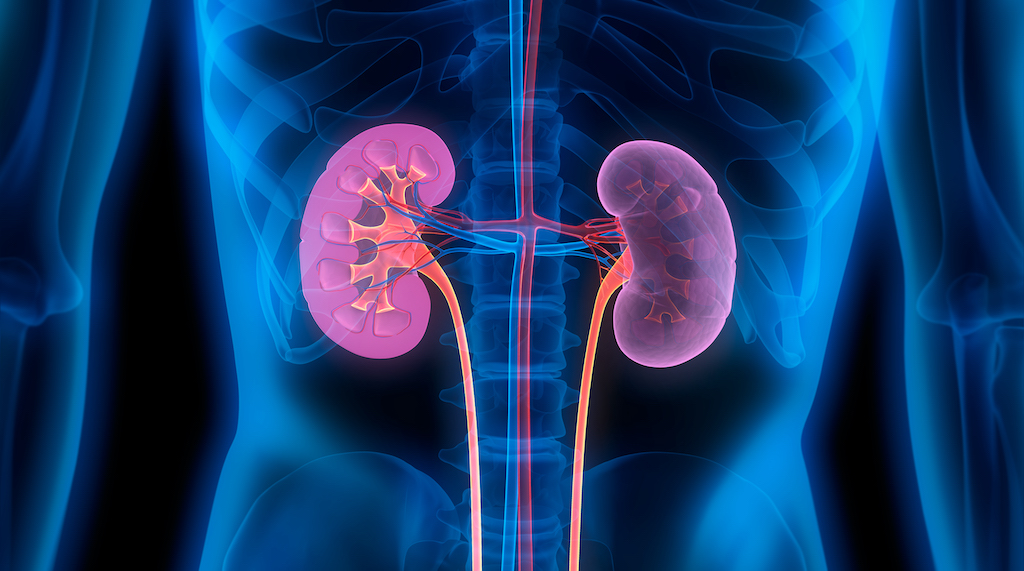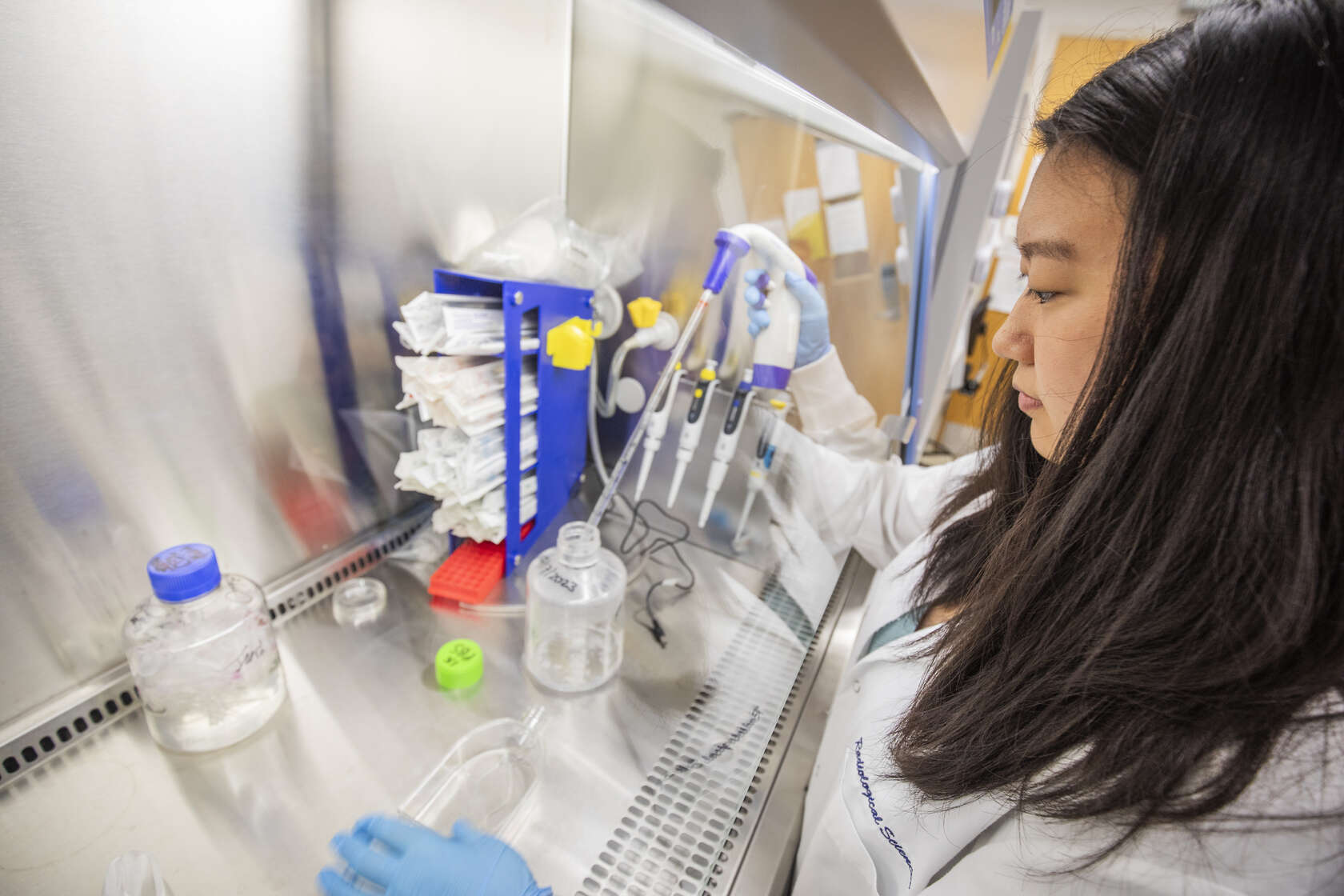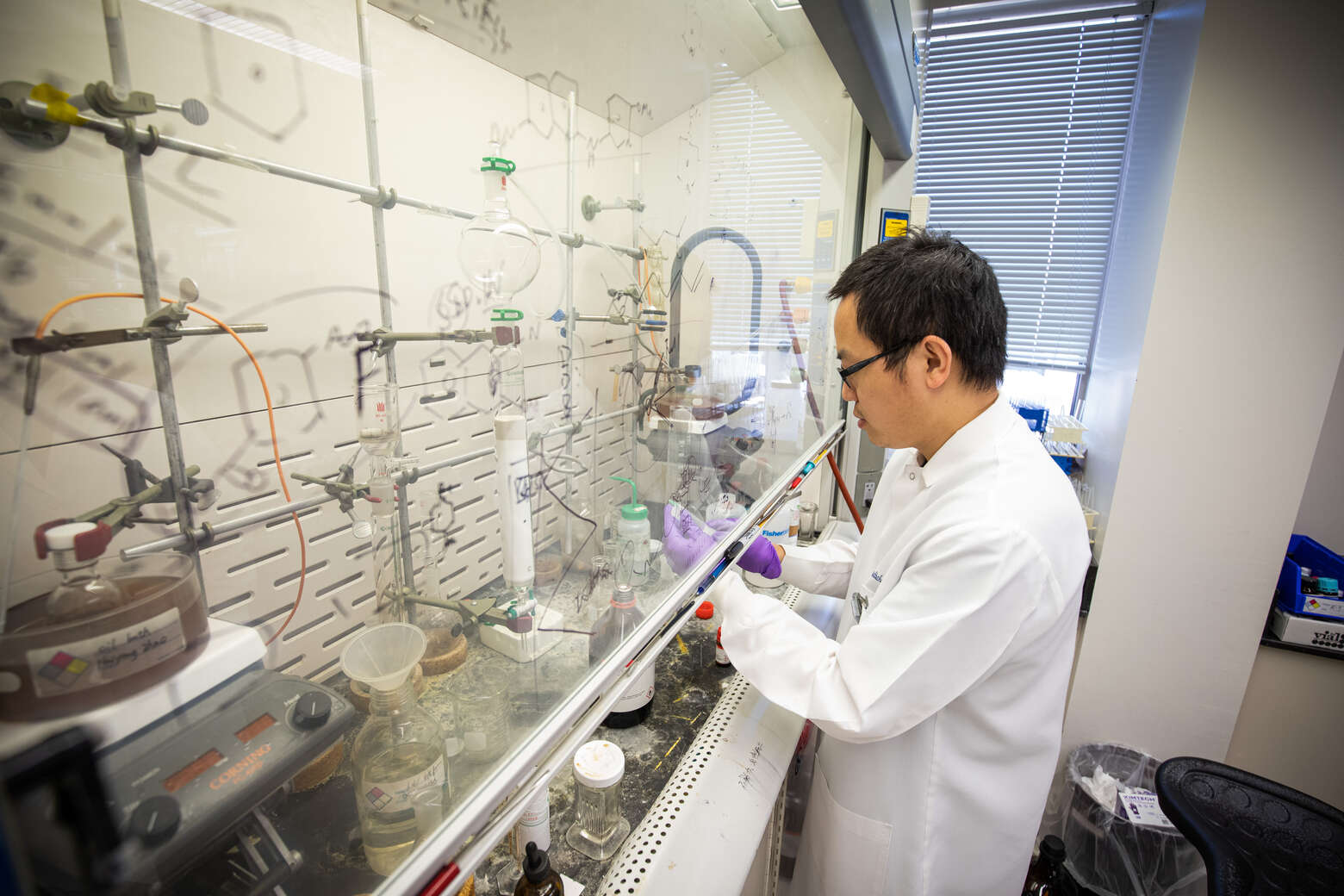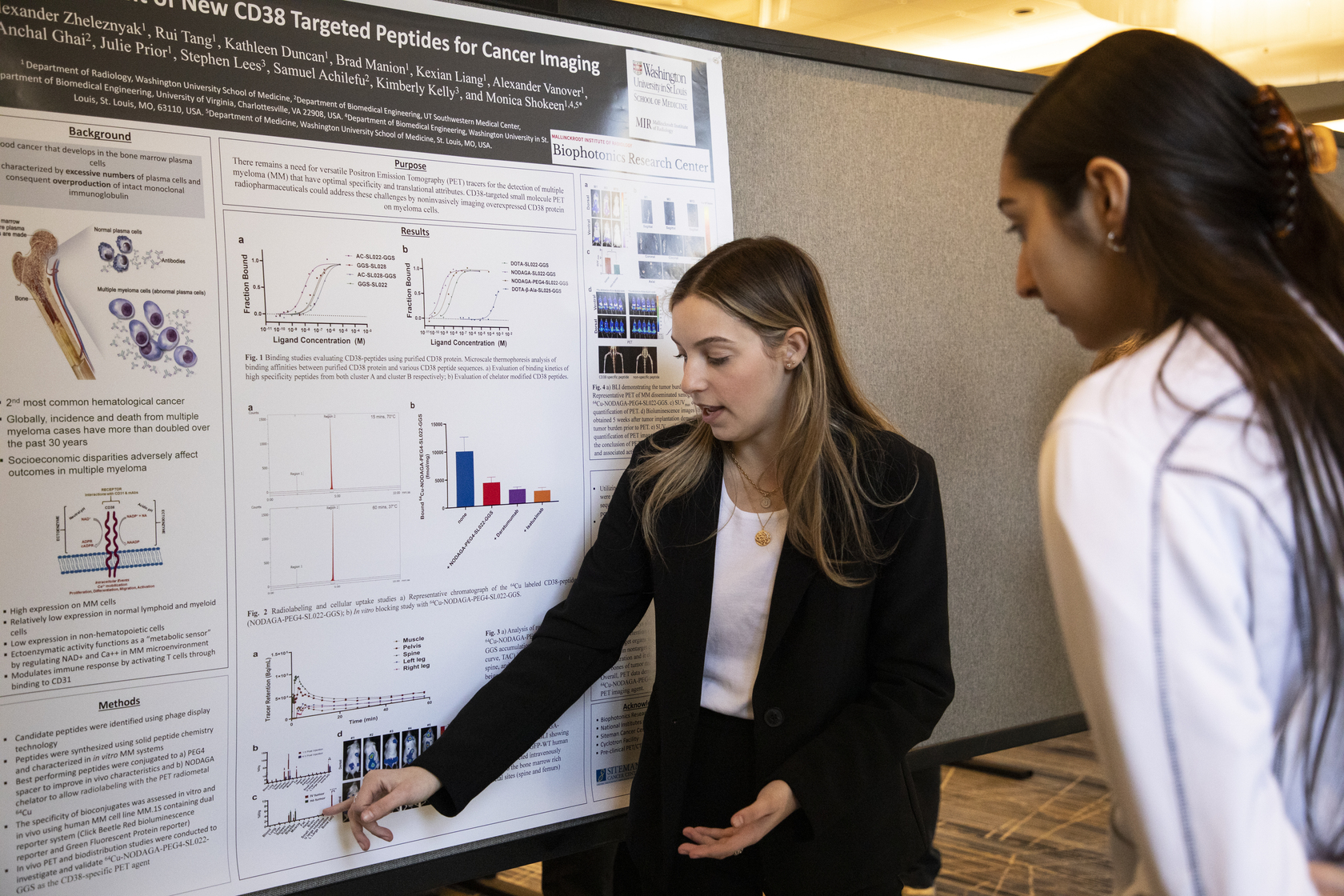Unlocking the Nephron to Improve Kidney Care

The kidney is known as a complex and crucial organ in the human body. But there is much to learn about the unit in charge of filtering blood plasma, maintaining water and electrolyte balance, and managing blood pressure — the nephron. Nephron number is determined at birth, but nephrons can be damaged or lost due to factors such as diabetes, drugs, toxins, infection, injury and aging. Nephron loss is associated with reduced kidney function and the risk of developing chronic kidney disease and even kidney failure.
An individual’s nephron count may help predict their risk for developing kidney disease, but unfortunately there are no clinically available methods to directly measure the number of nephrons in living patients. However, several recent clinical studies have used estimates of nephron number in cohorts of patients based on number of nephrons detected in needle biopsies.
Kevin M. Bennett, PhD, an associate professor of radiology for Mallinckrodt Institute of Radiology (MIR) at Washington University School of Medicine in St. Louis and senior author — along with first author Darya Morozov, PhD, an MIR postdoctoral research associate, and colleagues from the lab of Jennifer Charlton, MD, at the University of Virginia— investigated the accuracy of single needle biopsies in a study published in the Journal of the American Society of Nephrology.
“Recent studies using biopsy make it clear that nephron number is likely an important clinical marker of kidney health in humans,” Bennett said. “However, there is a general understanding that biopsies are susceptible to sample bias, so it is important to know how many biopsies are required to overcome this bias, both from within an individual subject and across subjects.”
In order to determine the accuracy of the biopsies, the research team investigated measurements of nephron number in human kidneys using needle biopsies and virtual biopsies derived from cationized ferritin enhanced magnetic resonance imaging (CFE-MRI). The team found single needle biopsies are insufficient to accurately predict nephron numbers in individual subjects, with only a 15% chance of accurately estimating nephron numbers. They then provided guidance on cohort size required in human studies to detect differences in nephron number between populations of hundreds of subjects depending on required accuracy.
The research team’s findings also indicate the need for innovation and new technologies. Having a reliable tool to directly measure the total number of nephrons in a patient could provide guidance for patient care and therapies, as well as biomarkers to monitor and measure kidney health or predict transplant outcomes. Bennett said this information could help “predict how much impact a kidney injury is likely to have on kidney function during a patient’s lifetime, or whether nephron loss in an individual can predict whether they will progress to kidney failure.”
Read the full study in the Journal of The American Society of Nephrology.





